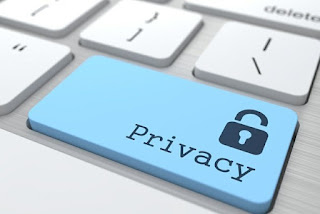Health consciousness has become a prime focus point within this generation. Now a day, there's a multiple amount of resources that individuals can take advantage of to assist with being "health conscious". While technology is helping change the live & raw data to assist these individuals, we've come to conclude that simplifying the multitude of data, into a "one-stop shop" to help individuals, could be even more resourceful. Ironically, the fuel that makes this whole thing function, is the fuel that makes our body's function. FOOD. But, how do we know exactly what kinds of foods, are the right foods? How can we use the multiple technologies currently in place to make the correct food recommendations? How can we know what nutrients our body needs and at what proportion?
Although there are already numerous Health and Fitness apps like Fitbit and loseit, most of them require manual inputs. Users need to either type in their nutrient proportions or they have to upload a picture of their food or scan a barcode after which the app processes it and finds out what nutrients you have taken in. In our busy lives, we often forget to upload our dietary nutrients on the app, and thus the app itself fails to know what nutrients our body lacks.
However, what if there is an app that does not require this manual input? What if the app already knows what your body lacks based on your biometric data? What if the app not only gives you personalized recommendations for food that satisfies your body needs but also tells you where you can get it from?
This is where the idea of an app that collects health biometrics and recommends the food that your body specifically needs comes from. Since live biometric data will be collected in this app, the app is more accurate than the fitness apps that are already out there. There's no guessing game for nutrients you lack and a more personalized food menu will be provided for each user. Last semester, my team and I had worked on a prototype for this app and named it 'ReccoBite'.
If technology can help us reach for the stars, then how can it not help us reach for the 'right' food?
If technology can help us reach for the stars, then how can it not help us reach for the 'right' food?
Here is the promotional video of our app: https://www.youtube.com/watch?v=Z2G1lTad1d0
And here is the prototype itself: https://xd.adobe.com/view/1fda9441-9167-45af-4198-0ccaee0f4c55-69eb/screen/2bd084d6-821d-4a67-b868-474eff51f09e/Screen-5?fullscreen


